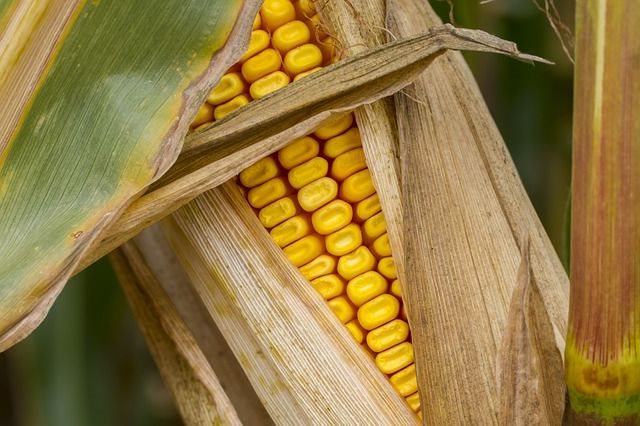
Top stories






More news



The government aims to encourage farmers to plant 1.5 million hectares of maize, which would be a 3% increase from the five-year average area. This is plausible as the country managed to plant 1.9 and 1.7 million hectares in 2017/18 and 2018/19, respectively. But what makes this particular announcement significant is the yield target. The government has set a target of 2.4 tonnes per hectare.
In comparison with neighboring South Africa, this yield target is fairly muted. After all, South Africa’s maize yields have averaged 5.3 tonnes per hectare over the past five seasons. But for Zimbabwe, where maize yields have averaged 0.7 tonnes per hectare over the past five years, a 2.4 tonnes per hectare yield target is extraordinary. The historical data is rather revealing; Zimbabwe has ever managed to have a national maize yield that is over 2.0 tonnes per hectare only in 1973.
Some may argue that I am comparing “apples with oranges” since South Africa has an industrialised agricultural sector, with roughly 80% genetically modified seeds. Meanwhile, Zimbabwe largely has smallholder farming sector with non-genetically modified seeds. Even in this particular context, the smallholder farmers in areas such as the former Transkei and other homelands in South Africa, generally plant conventional maize seeds, and have over the past five years received a maize yield that is 157% higher than the Zimbabwean national average; at about 1.8 tonnes per hectare.
In all, if Zimbabwe achieves this target, it would be extraordinary for the country’s previous perfomance, and also a good boost to its food supplies. This would imply that Zimbabwe would have an overall maize harvest of 3.6 million tonnes (1.5 million hectares by 2.4 tonnes per hectare). The current season’s harvest is estimated at 850,000 tonnes, against annual consumption of around 1.8 million tonnes. Therefore, the targeted yield would ensure that the country is well set for its domestic needs and would even have a surplus for export markets.
Such a scenario would have important implications for South Africa’s maize exports. In 2019/20 marketing year, Zimbabwe was South Africa’s largest white maize market, accounting for 26% of overall exports of 1.03 million tonnes. In the 2020/21 marketing year which started on May 2020 and will end in April 2021, Zimbabwe remains South Africa’s largest white maize market, accounting for 38% of the 310,963 tonnes exported thus far. As such, to have this
sizable market disappear would have serious implications for South Africa as white maize
doesn’t have many export avenues outside the African continent.
An important consideration is; what will the Zimbabwean government do differently this time around to ensure such an increase in yields? The state-run Herald newspaper reports that this will be through inputs support programme by the government. The paper further stated that "the distribution of inputs under the Presidential Inputs Scheme for the summer cropping season has started with seeds and fertilisers being delivered to Grain Marketing Board
depots." One will have to monitor and assess if such input reaches the beneficiary and also whether the plantings begins on time.
Source: Agbiz